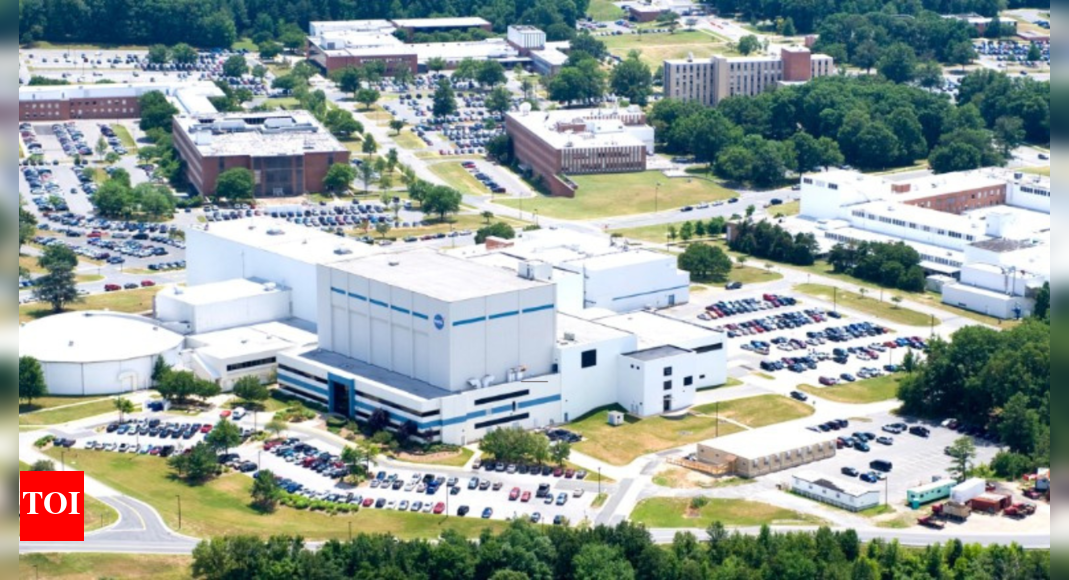
NASA’s Goddard Institute for Space Studies (GISS), a premier center for climate research situated in New York City, has been compelled to vacate the office space it had occupied for decades. This move marks a significant transition for one of the most prominent institutions dedicated to studying global climate change.
Located on Columbia University’s Morningside Heights campus, GISS had long served as a hub for scientific analysis and climate modeling. Its research has been fundamental in understanding long-term climate trends, making it a vital resource for both national and international climate policy development.
According to available reports, the relocation decision stemmed from a mix of infrastructural limitations and the need for updated facilities to support the institute’s expanding scientific operations. While specific details about the new location have not yet been publicly disclosed, NASA has affirmed its commitment to ensuring the continuity of GISS’s critical climate research work without interruption.
Founded in 1961, GISS is part of NASA’s Goddard Space Flight Center but has functioned with a high degree of collaboration with local academic institutions, particularly Columbia University. The institute gained global recognition under the leadership of renowned climatologist Dr. James Hansen, who helped bring heightened awareness to the effects of human activity on global warming in the 1980s.
The move is not expected to alter GISS’s core mission, which includes studying Earth’s climate systems, assessing global temperature trends, and providing scientifically rigorous data to inform climate action. As the planet continues to experience record heat levels and increasing environmental volatility, GISS’s role in monitoring and interpreting these changes remains more crucial than ever.
Further details about the institute’s new location and ongoing projects are expected to be shared by NASA in the coming months.
Source: https:// – Courtesy of the original publisher.






